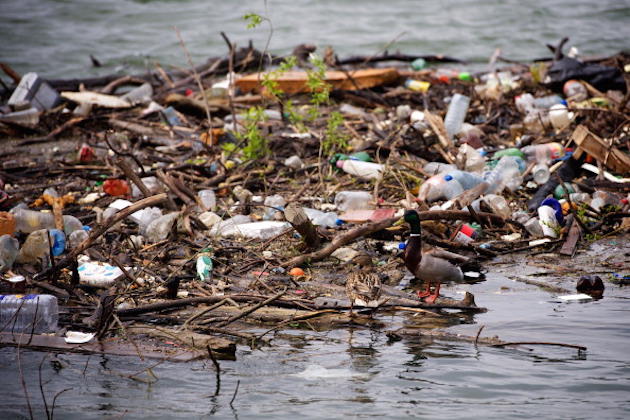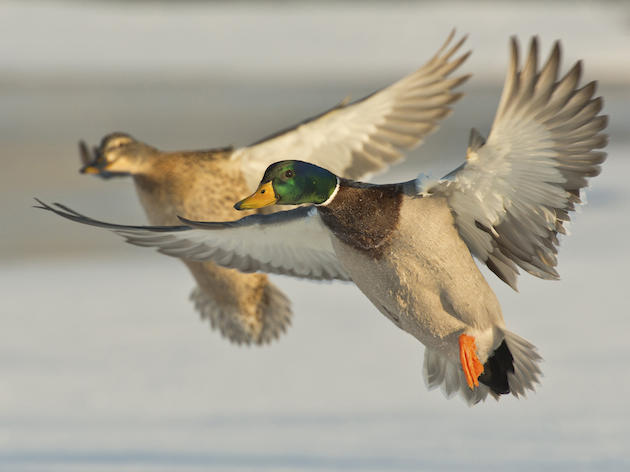The United States and Canada banned lead shot for hunting in the last century to prevent waterfowl, primarily dabblers, from ingesting the toxic metal, but scientists are still finding metal in ducks’ gizzards today. No, it’s not lead. It’s not even steel. It’s trash, and researchers have no idea where it’s coming from.
A survey of mallards, common eiders, and American black ducks in Atlantic Canada found bits of plastic and metal in many of the 148 birds collected. Of those, 9.2 percent of the black ducks had one of the materials in their gizzards. The deep-feeding eiders faired a bit better at only 4.2 percent.
Over half—54 percent—of the mallards had swallowed metal or plastic.
“It’s fairly common in marine birds, but we really didn’t expect to see this in ducks,” researcher Mark Mallory told CBC News. Mallory is the Canada Research Chair in coastal wetland ecosystems and associate professor at Acadia University in Nova Scotia. “We’re talking about species that are being harvested by people, both indigenous people and sport hunters.”

Photo courtesy of International Business Times/Getty Images
According to CBC News, the ducks were collected from Amherst to Yarmouth, around the Bay of Fundy, and from Newfoundland and Prince Edward Island. It wasn’t until the actual dissection took place and the birds’ organs were examined that the ingestion was revealed. Some pieces of metal resembled aluminum can lids, but the researchers could not be certain about any of the trash’s origins.
Mallory told CBC that no internal tearing or organ damage had occurred from the debris.
Plastic in the world’s oceans is far from novel, but the frequency of pollution is higher in the Pacific and out on the open oceans. The Great Pacific Garbage Patch attracts a lot of attention, but reports like this are unusual in the North Atlantic near Canada. The surveyed birds had been feeding close to shore. Mallory said the materials were most likely eaten around the tidal waters.
It’s an unsavory idea for sportsmen who enjoy eating what they kill. Cleaning birds after the hunt may soon become a means of collecting data rather than dinner if the fowl begin bringing trash with them in their gizzards each migration.
Cover image: Thinkstock
Subscribe to the free daily newsletter to receive Sporting Classics content direct to your inbox!

